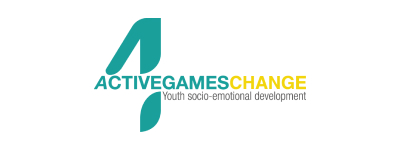
Active Games 4Change
Sport and physical activity learning environment for citizenship, emotional, social and e-competences training

Development and testing of a process chain for the placement of former detainees as specialists in the labour market
Project design
IPS_Innovative Prison Systems
Timeframe
01/01/2022 – 30/06/2024 (30 months)
Get in touch

NEXT STEPS seeks to develop a close cooperation model and establish a process structure between regional prison and probation services and their stakeholders. These include the private sector, training institutions, community organisations and other entities.
The project will expand the structures established in the previous STEPS project and involve the business community. These organisations can promote access to sports clubs, and pre-select, prepare and direct inmates to access the labour market after their release. At the same time, the project will create opportunities for companies to recruit qualified and highly motivated workers.

Connect prisons with companies that would like to employ ex-inmates as trainees, apprentices or qualified specialists, and voluntary structures that would like to build up an accompanying social network.
Continued use of the developed instruments beyond the project’s lifespan.
Establishment and expansion of regional networks and creation of a tested model for the process chain of documentation interchange.
A database-supported systematisation of companies that would like to offer internships, training or jobs for released offenders.
Observation sheets for prison staff to objectively record key competencies of inmates that can be of crucial importance for working life.
Program-based collection of school grades by correctional officers, allowing the identification of inmates passible of being registered for vocational school certificates.

Sport and physical activity learning environment for citizenship, emotional, social and e-competences training
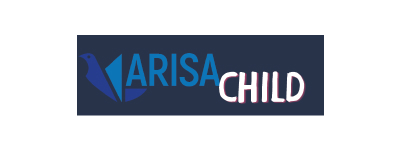
Assessing the Risk of Isolation of Sentenced and Accused: Enhancing the Capacity of Correctional Services to Work with Convicted Children

Cross-sectoral awareness building on mental health needs in the criminal justice system and on release

Blended Learning Environment for European Prisoners

Bringing Safety on the Roads

Coding in prison as a valuable OUTside tool for employment

Taking Further Prisoners’ Education Projects in Using Dialogue as Preparing for Release

European Interaction Guidelines for Education Professionals when working with Children in Juvenile Justice Contexts

European Induction Support for Adult Learning Professionals to the Correctional Criminal Justice System

Fair predictions of gender-sensitive recidivism

European Framework of Competences for Community Professionals in Gang Environments

Promoting sustainability in prisons through green competencies, education, and pathways to employment

Identifying future capabilities for Community Policing

Key Competencies for Minor Offender Reintegration

Peer Pro-Social Modeling in Probation

Preventing Emotional and Sexual Abuse Among Young People

A flexible, multidisciplinary and transnational VET model for the PROBATION services and practitioners

Strengthening the capacity of criminal justice professionals and volunteers
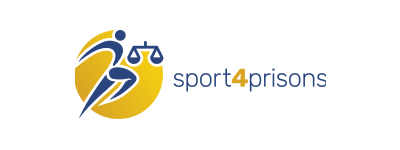
New sports method for prisons as a tool to support competency development, positive values, and reintegration
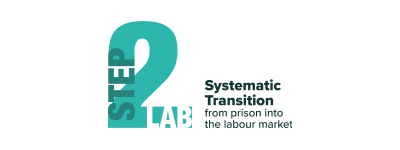
Systematic Transition from Prison into the Labour Market

Training of Refugee Offenders by Virtual Reality

Secured digital education system for vocational skills for youngsters in closed institutions

Integrating Young Offenders Through the Blue Economy

Virtual reality for training inmates
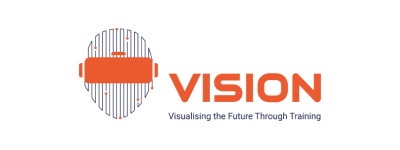
Visualising the Future Through Training

Developing and Using Virtual Reality Technology for the Rehabilitation of Drug Users in Probation Services

Reducing Reactive Aggression through Virtual Reality